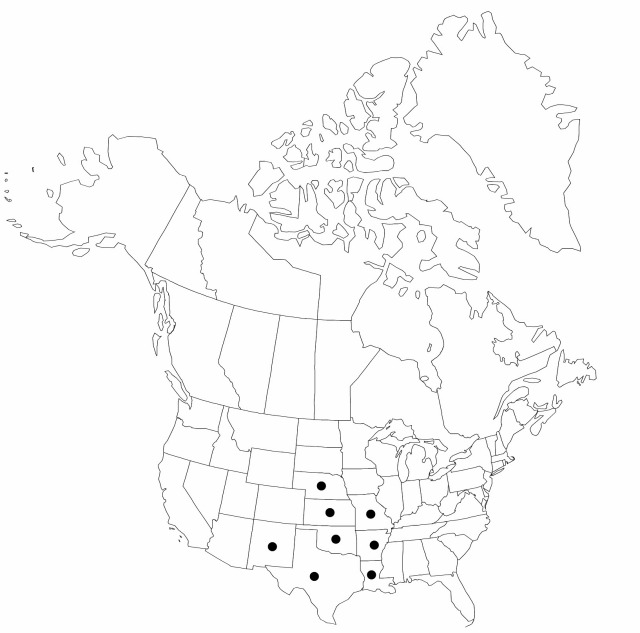Fuirena simplex
Eclog. Amer. 2: 8. 1798.
Herbs annual or perennial, mostly cespitose; rhizomes present or absent, if present without cormose buds. Culms tufted or widely spaced, erect to leaning, culm tips hispid-hirsute, internodes glabrous proximal to inflorescence. Leaves: sheaths at culm base or apex sometimes hairy, sheaths at or toward midculm usually glabrous; principal blades linear or lance-linear, flat, 5–20 cm, hispid-ciliate, abaxially hispid, pilose, or glabrous, adaxially glabrous to pilose. Inflorescences of spikelets in clusters 1–3(–5). Spikelets ovoid, lance-ovoid, or cylindric, 8–15(–20) mm, apex acute; fertile scales obovate or oblong, 2–3.5 mm; cusp spreading-excurved, 2/3 or more length of scale; evident ribs 5–7, central 3 convergent to cusp. Flowers: florets 2–3 mm; perianth bristles reaching base of perianth blades or beyond, retrorsely barbellate (sometimes with narrow blades); perianth blades with long claw, ovate, rounded or retuse, rarely acute, apically or subapically bristled, bristle erect or incurved, short to elongate, retrorsely scabridulous; anthers 1–3, 0.5–1.2 mm. Achenes: stipe and beak nearly as long as fruit; body angles pale, faces deep glossy brown, red-brown, or yellow, 1 mm; beak tip narrow, usually papillose.
Distribution

Ark., Kans., La., Mo., N.Mex., Nebr., Okla., Tex., Mexico, West Indies, Central America, n South America.
Discussion
Varieties 2 (2 in the flora).
Selected References
None.
Key
| 1 | Plants perennial; anthers 0.9–1.2 mm. | Fuirena simplex var. simplex |
| 1 | Plants rhizomatous, usually annual; anthers 0.5– 0.6 mm. | Fuirena simplex var. aristulata |